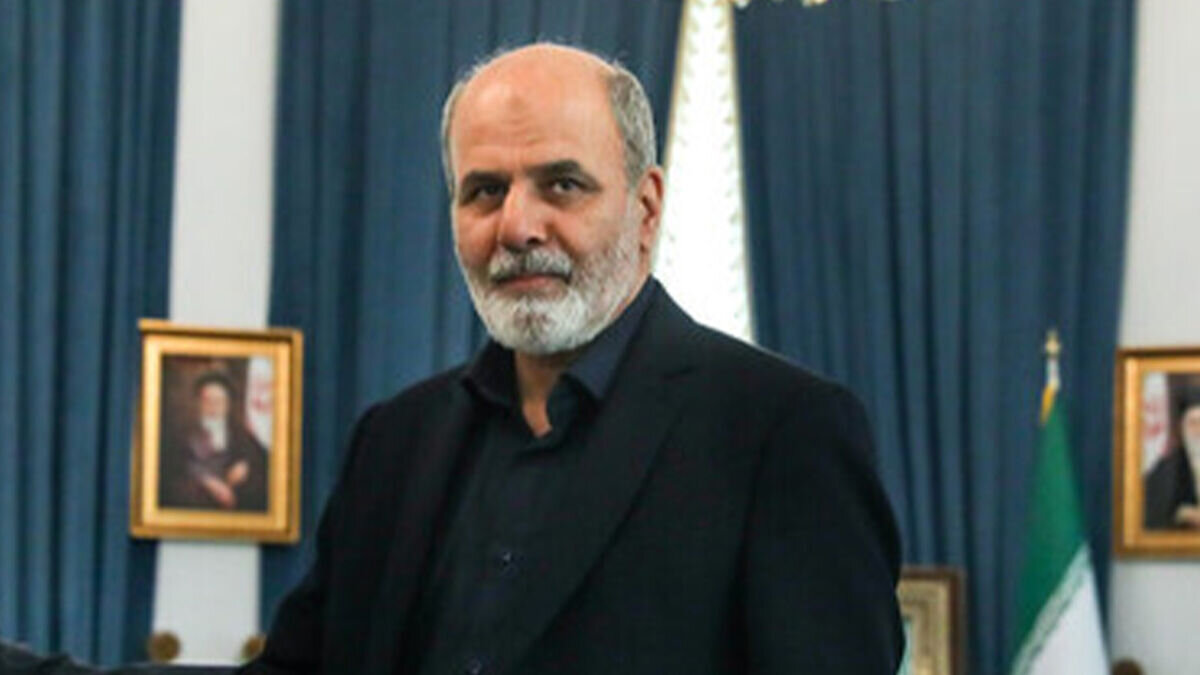Iran, UAE security chiefs stress collective regional approach to Persian Gulf stability

TEHRAN — In a high-level phone call on Sunday, Secretary of Iran’s Supreme National Security Council (SNSC) Ali Akbar Ahmadian and the United Arab Emirates’ National Security Advisor, Sheikh Tahnoun bin Zayed Al Nahyan, emphasized the importance of regional cooperation in ensuring lasting security in the Persian Gulf region.
Ahmadian, who also represents the Leader of the Islamic Revolution on national security matters, thanked the UAE for its stance in condemning the recent Israeli attack on Iran, describing it as a constructive and principled position. The two officials discussed the latest regional developments, the destabilizing role of the United States and the Israeli regime, and avenues for expanding bilateral ties.
During the call, Ahmadian underlined the interdependent nature of security in the Persian Gulf, saying: "Security in the Persian Gulf is a shared reality. A threat to one state’s security by external forces inevitably jeopardizes the stability of the entire region."
He reiterated Iran’s strategic policy of strengthening relations with neighboring countries, adding that regional security cannot be achieved without the direct involvement and cooperation of all littoral states.
Sheikh Tahnoun, in response, acknowledged Iran’s significant role in shaping regional dynamics and affirmed the UAE’s view that Persian Gulf security must be ensured collectively by the countries of the region. “When the security of one country is compromised, all neighbors are affected,” he said.
He also reaffirmed the UAE’s support for dialogue and diplomatic engagement as the only viable path toward resolving regional crises and maintaining long-term peace.
The exchange comes at a time of heightened tensions in the region, following Israeli airstrikes on Iranian territory and ongoing concerns about foreign interference in the Persian Gulf’s internal affairs. Both sides agreed on the urgent need for coordination among regional actors to prevent further escalation and preserve regional stability.
Leave a Comment